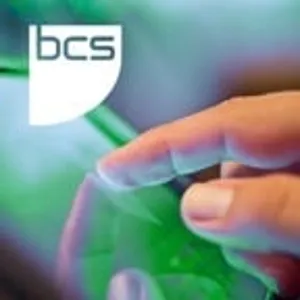Digital Classics: Sharing the Wealth: Numismatics in a World of Linked Open Data

Digital Classics: Sharing the Wealth: Numismatics in a World of Linked Open Data
Explore "semantic web" with insightful episodes like "Digital Classics: Sharing the Wealth: Numismatics in a World of Linked Open Data", "Semantics, Hermeneutics, Statistics: Some Reflections on the Semantic Web", "What Will A Companionable Computational Agent Be Like? (Lovelace Lecture 2010)", "We are the Web: The future of the social machine" and "David Peterson - Semantic web for distributed social networks" from podcasts like ""Ancient History HT2015: Digital Classics", "HCI 2011", "Oxford Internet Institute", "Oxford Internet Institute" and "Web Directions Podcast"" and more!






Stay up to date
For any inquiries, please email us at hello@podcastworld.io